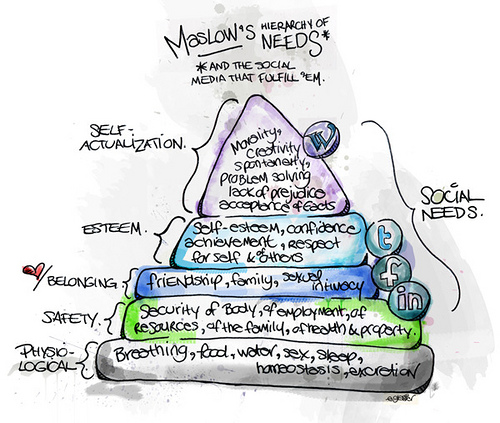For several years, I have not shopped for groceries anywhere else. My choices were a bit restricted, but my needs for basic food and nutrition were met. I never went farther than a mile from my house for groceries. When gas prices went up, my friend Linda joined me in this decision. We shopped together almost every Saturday morning at the SuperValu. (I don't know why we always called it "the" SuperValu, but we did.)
The store was clean and bright. All merchandise was neatly fronted. But many of the shelves were bare. Almost all perishables were gone--no bread or meat at all. To see the meat cases shiny and empty was the biggest shock. It just looked wrong. The soon-to-be-unemployees put on brave faces. I held back tears the whole time I was in the store.
My first thought was, "oh, this is where the rich people shop." So much opulence, such care in the presentation of the food and merchandise, and so much selection, infinite selection. Forty kinds of bread. Forty different brands of frozen pizza. A great wall of China of breakfast cereal. All beautiful. All so conveniently arranged. I ran into things (and people) with my cart...I couldn't take it all in.
It's always disorienting to go to a different grocery store. Products all seem to be in the wrong places. I backtrack to find stuff I missed. I soldier bravely through aisle after aisle looking valiantly for...well, in this case it was electrical tape. I braved this extravagant world for prosaic old electrical tape.
The absurdity of it all overwhelmed me. Is all this luxury necessary to the procurement of food? What part did the pampering of the patrons play in their affection for the store? Back home in McArthur, it was my affection for my friends and neighbors that made the SuperValu so attractive, not displays of wealth (food IS wealth). How many choices of cream cheese does one really need? And, does it really matter? If people want sun-dried tomato pesto cream cheese, why shouldn't they have it?
I felt I had strayed into another world, to another planet. And I had. I had somehow landed in middle class land, from which I had banished myself so many years ago. And now I'm back. Soon, I will be inured to the choices and style, the delectability. I will think this is normal. I will stop thinking there's something wrong with this system that leaves poor people foodless while others wallow in excess. I'll forget how privileged I am to have a reasonably OK income (from three jobs) and a functioning car and gas money to travel 30 miles to get groceries. I'll start going to the post office and farmer's market somewhere else.
A lot of the life is leaving my community with the SuperValu. My sadness is like background music of cello, low and profound. A small town is a fragile place, always threatening to shimmer out of existence, out of reality. Ghosts and shadows all that remain. I hope that whatever entity moves into SuperValu's building will help hold us together. But Oz beckons. No Auntie Em remains back here to lure me home.








